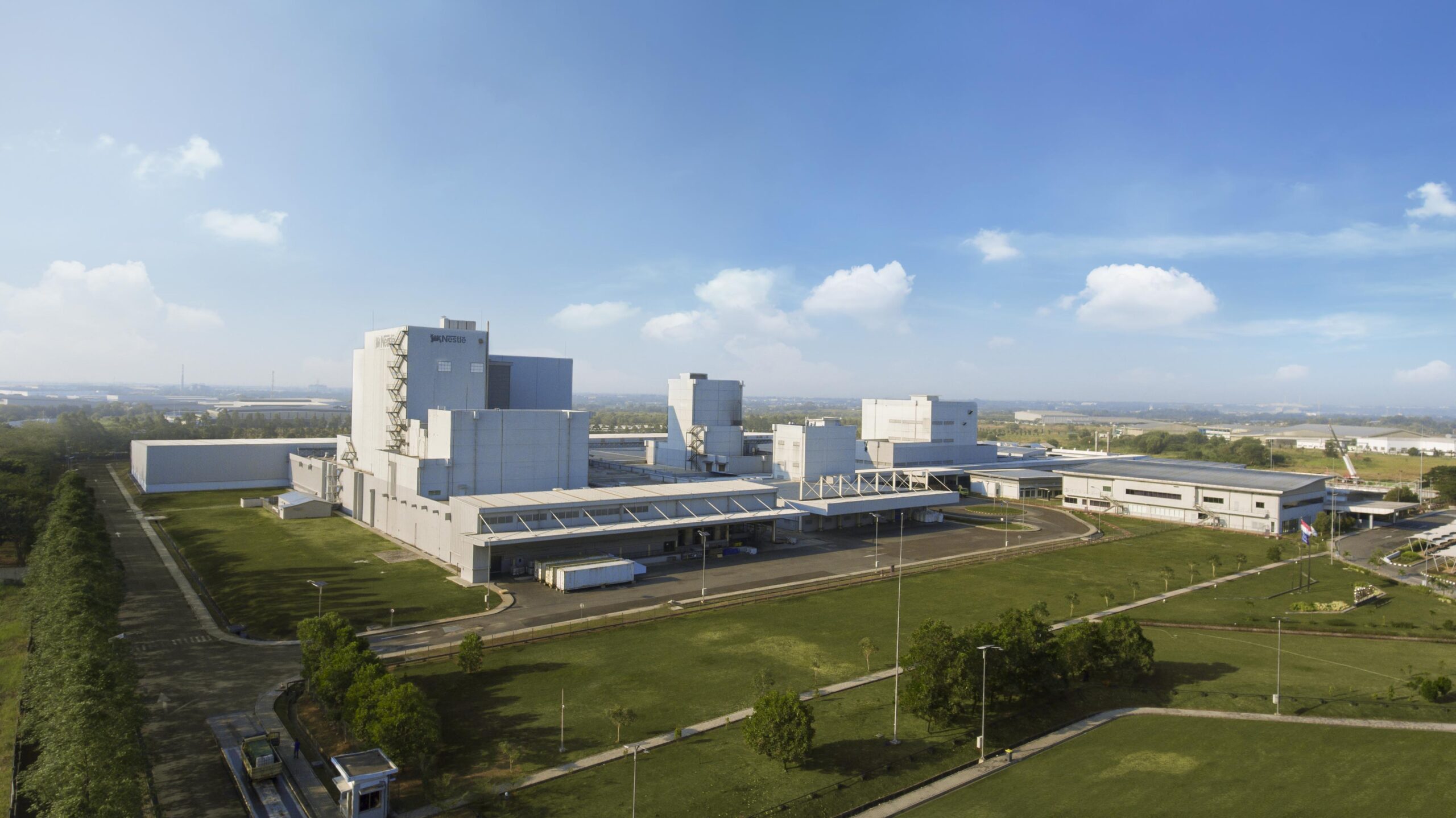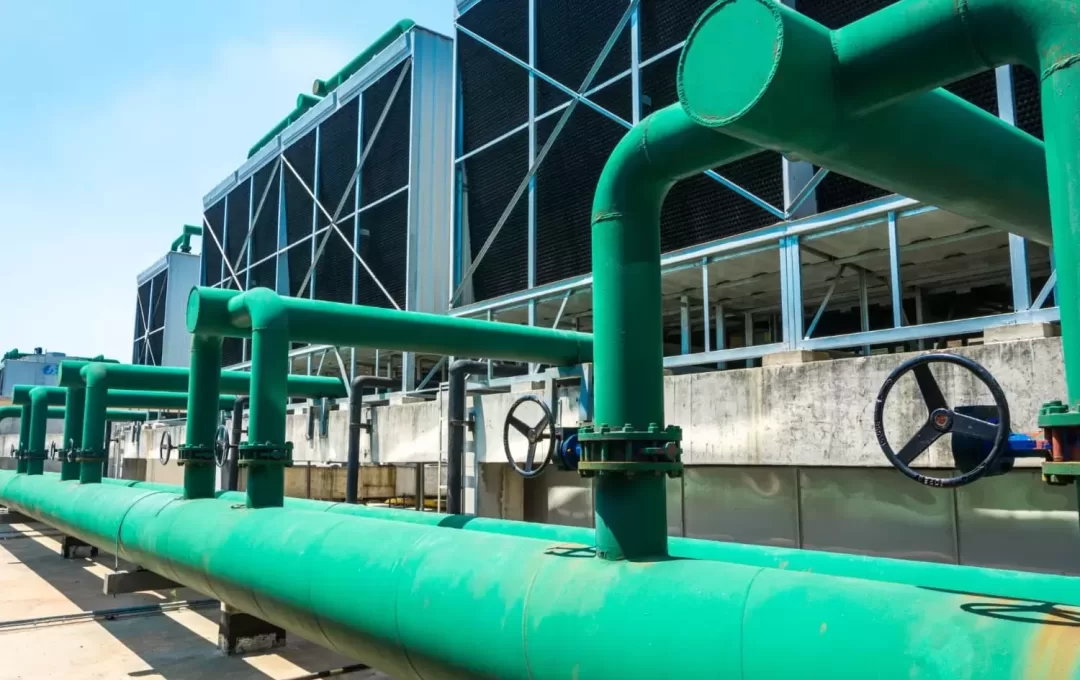In today’s competitive business landscape, companies constantly seek ways to improve efficiency, reduce costs, and meet stringent environmental regulations. The smart flow sensor is one technology that making waves in the wastewater treatment industry.
These devices are not just another technological upgrade — they’re a smart investment that can significantly benefit businesses across various industries.
The Role of Smart Flow Sensors in Enhancing Operational Efficiency
1. Real-Time Monitoring for Precision Control
Gone are the days of manual monitoring and guesswork in wastewater treatment. Smart flow sensors provide real-time data, allowing businesses to monitor water flow with unprecedented accuracy. This not only reduces human error but also streamlines operations, enabling companies to allocate resources more effectively. With smart flow sensors, businesses can optimize energy usage, cut down on waste, and ultimately run a more efficient operation.
2. Optimizing Resource Management
Efficient resource management is crucial for any business and smart flow sensors play a vital role. By providing precise data on water usage, these sensors help companies fine-tune their processes to use only what’s necessary. This leads to significant savings on energy and water costs, making operations not just more sustainable, but also more profitable.
Cost Savings and Economic Benefits
Slashing Operational Costs with Smart Technology
One of the most compelling reasons to invest in smart flow sensors is the potential for cost savings. These sensors allow businesses to monitor and adjust energy consumption in real-time, reducing overall operational costs. The ability to prevent costly downtime by detecting issues early is another economic advantage, as it ensures that wastewater treatment systems are always running at peak performance.
Avoiding Expensive Downtime
Downtime can be a business’s worst enemy, especially when it comes to wastewater treatment. Smart flow sensors enable predictive maintenance, allowing companies to identify and address potential problems before they lead to system failures. This proactive approach minimizes downtime and the associated costs, ensuring that operations continue smoothly without unexpected interruptions.
Meeting Environmental Compliance and Sustainability Goals
1. Navigating Regulatory Waters with Confidence
Environmental regulations are becoming more stringent, and businesses must comply or face severe penalties. Smart flow sensors help companies meet these regulations by providing accurate data that can be used to ensure compliance with local and national standards. By automating the monitoring process, these sensors reduce the risk of non-compliance, protecting businesses from costly fines and enhancing their reputation as environmentally responsible entities.
2. Navigating Regulatory Waters with Confidence
Sustainability is not just a buzzword — it’s a business imperative. Smart flow sensors contribute to water conservation efforts by optimizing water usage and reducing waste. This not only helps businesses achieve their sustainability goals but also improves their standing with eco-conscious consumers and partners.
Empowering Data-Driven Decision Making
Leveraging Insights for Continuous Improvement
Data is the lifeblood of modern business, and smart flow sensors provide the insights needed to make informed decisions. By analyzing the data collected, businesses can identify areas for improvement, optimize processes, and drive continuous innovation. This data-driven approach not only improves efficiency but also gives businesses a competitive edge in their industry.
Navigating Regulatory Waters with Confidence
No two businesses are the same and smart flow sensors offer the flexibility to adapt to various operational needs. Whether it’s customizing the sensors to monitor specific flow rates or integrating them with other systems, these devices can be tailored to meet the unique requirements of any business.
Increasing Reliability and Extending System Life
1. Proactive Maintenance for Longevity
Regular maintenance is key to the longevity of wastewater treatment systems and smart flow sensors make it easier than ever. By continuously monitoring system performance, these sensors enable proactive maintenance, catching issues before they escalate into major problems. This not only extends the life of the equipment but also ensures that the system operates reliably, reducing the risk of costly breakdowns.
2. Consistent Performance for Peace of Mind
In industries where reliability is critical, smart flow sensors provide peace of mind. Businesses can trust that their wastewater treatment systems will perform consistently, thanks to the real-time monitoring and instant alerts provided by these sensors. This reliability is crucial for maintaining smooth operations and protecting the bottom line.
Smart flow sensors are more than just a technological upgrade—they’re a strategic investment for businesses looking to enhance efficiency, reduce costs, and achieve sustainability goals. As industries evolve, the adoption of smart flow sensors in wastewater treatment systems will be key to staying competitive and ensuring long-term success.

Subang Smartpolitan is a prime example of a forward-thinking environment that supports such advanced technologies. As a fully integrated township development spanning 2,717 hectares, Subang Smartpolitan is designed to accommodate industrial land, commercial, residential, education and innovation centers alike.
Located in the heart of the supply chain corridor, this “Green, Smart, and Sustainable City” offers a complete ecosystem that provides a space where businesses can work, live, learn, and play. Subang Smartpolitan is the ideal location for companies looking to embrace the future of industrial development.
Please visit https://suryacipta.com/subang/ for more information.

